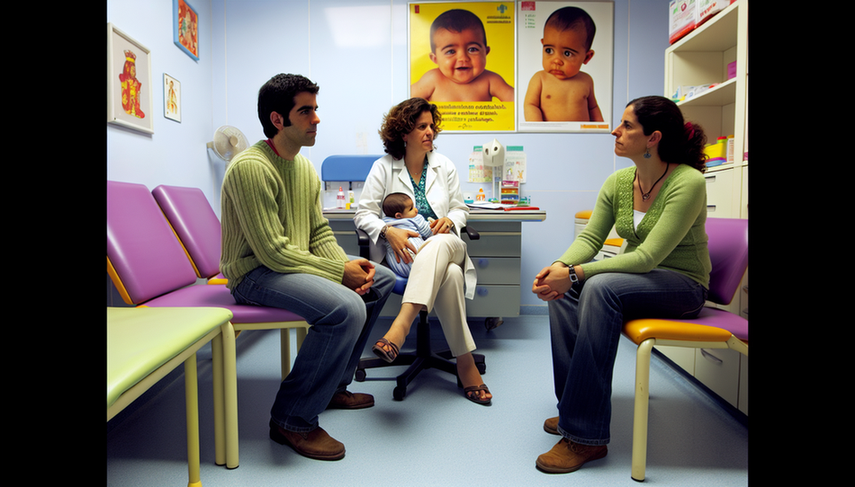Debunking Myths and Controversies in Pediatric Vaccination: Essential Medical Advice for Addressing Parental Concerns

Pediatric vaccination is a fundamental pillar in the prevention of infectious diseases. However, in recent years, we have observed an increase in controversies and myths surrounding this topic, leading to a decline in vaccination rates among certain groups. As medical professionals, it is crucial that we are prepared to address parental concerns and provide medical advice based on evidence to debunk misconceptions.
Diving Deeper into the Topic
One of the most persistent myths is the alleged link between vaccines and autism. Despite overwhelming scientific evidence refuting this connection, many parents remain concerned. A recent study highlights that, although it has been shown that there is no link between vaccines and autism, the concern persists due to the temporal coincidence between vaccination and the diagnosis of autism in some children. It is essential that we, as physicians, clearly communicate that the improvement in diagnostic processes is the primary reason for the increase in autism cases, not vaccines [1].
Moreover, misinformation regarding the safety of vaccines, such as the human papillomavirus (HPV) vaccine, also contributes to parental hesitancy. The perception that vaccines are "new" or unsafe can be a significant barrier. However, studies have demonstrated that vaccines like the HPV vaccine are safe and effective, and fears regarding an increase in risky sexual behaviors post-vaccination are unfounded [2].
Effective communication is key. A study on vaccine promotion messages found that some approaches can be counterproductive, increasing misconceptions or decreasing the intention to vaccinate. This underscores the need to develop communication strategies that not only debunk myths but also strengthen trust in vaccines [3].
Conclusions
Addressing controversies in pediatric vaccination requires a multifaceted approach that combines scientific evidence with effective communication skills. As medical professionals, we must be well-informed and capable of providing clear and empathetic medical advice to refute misconceptions and myths that concern parents. Only then can we ensure that vaccination rates remain high and that our patients are protected against preventable diseases.
Referencias
- [1] The myth of vaccination and autism spectrum
- [2] Beliefs, behaviors and HPV vaccine: correcting the myths and the misinformation
- [3] Effective messages in vaccine promotion: a randomized trial
Created 13/1/2025
